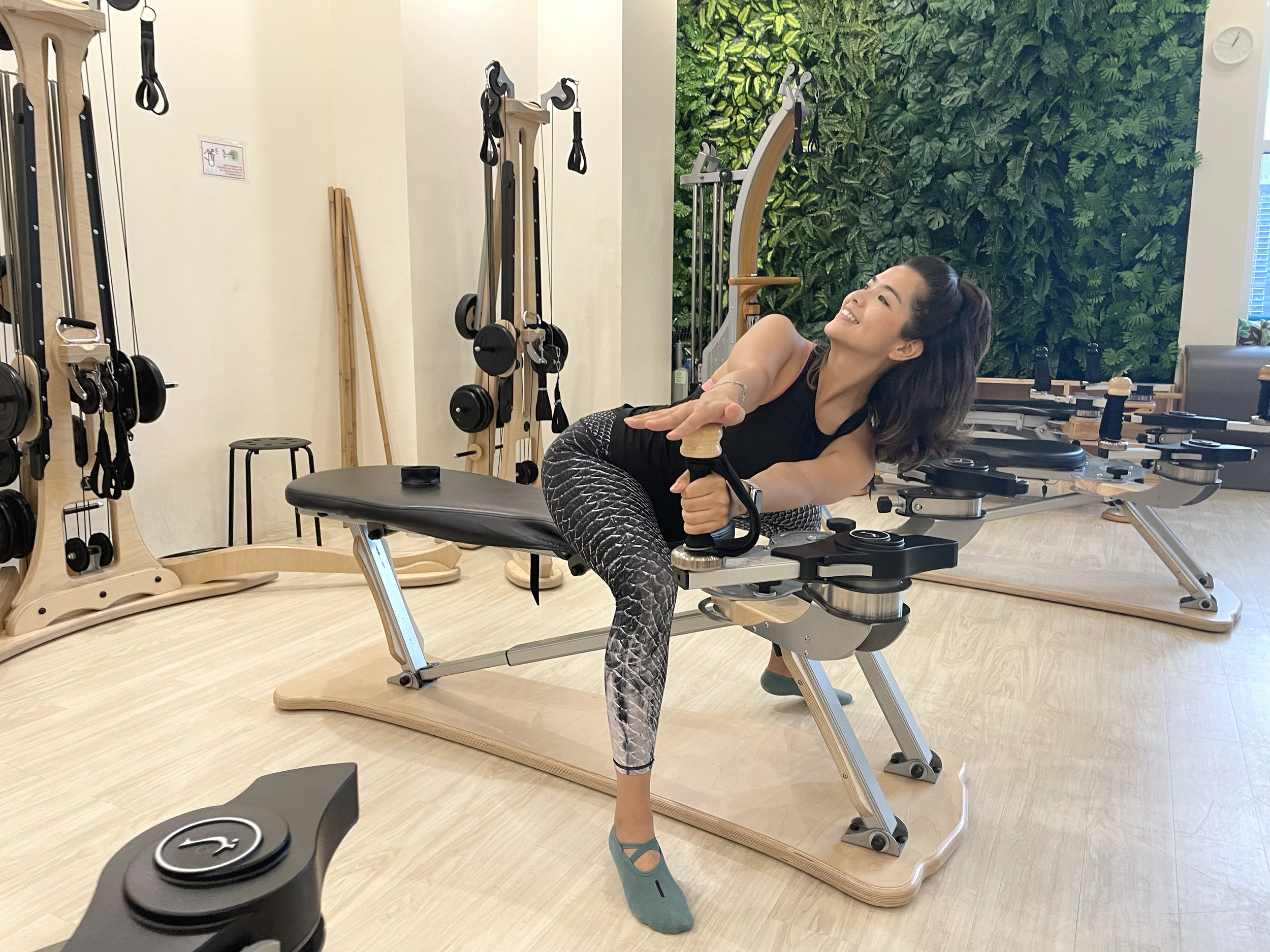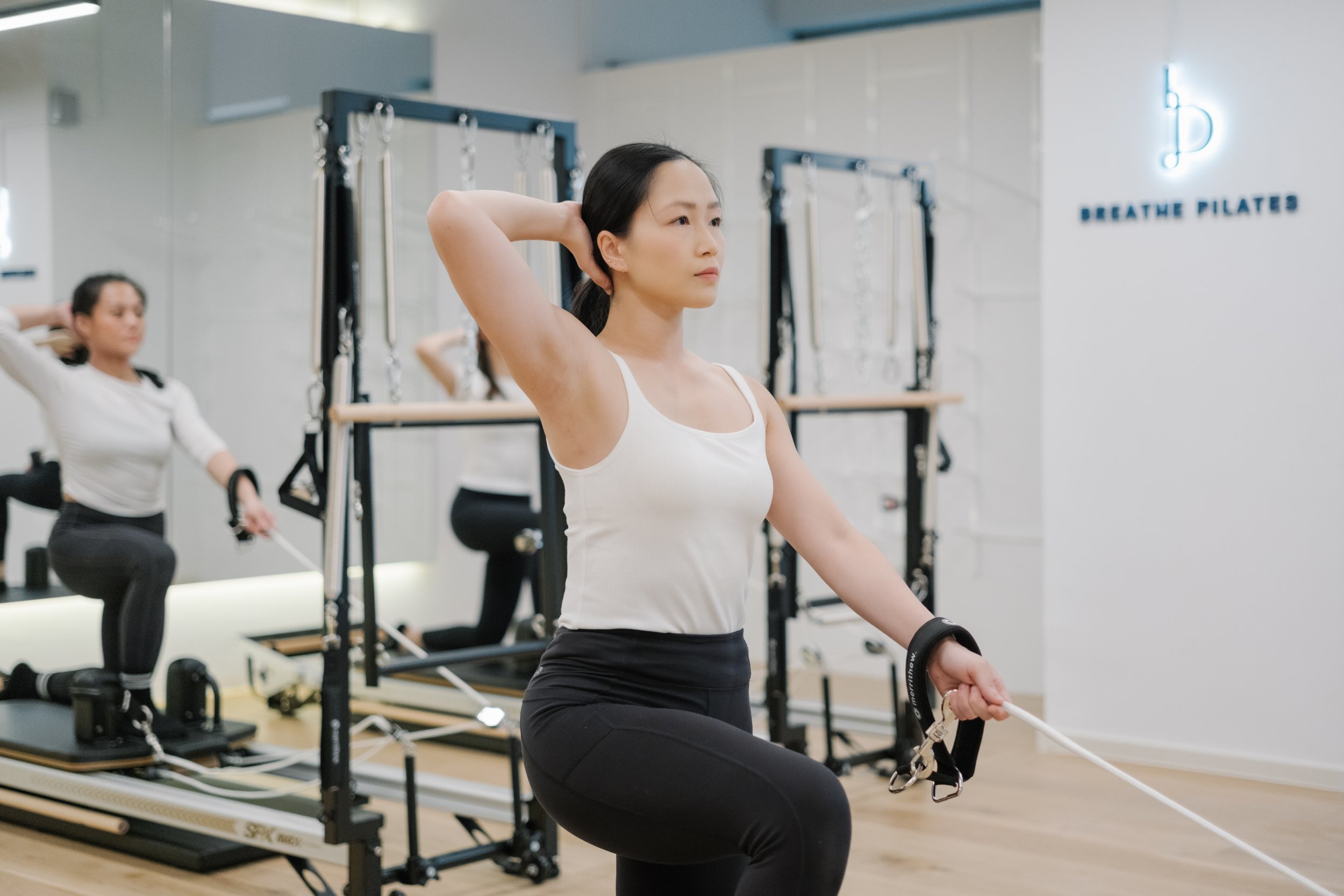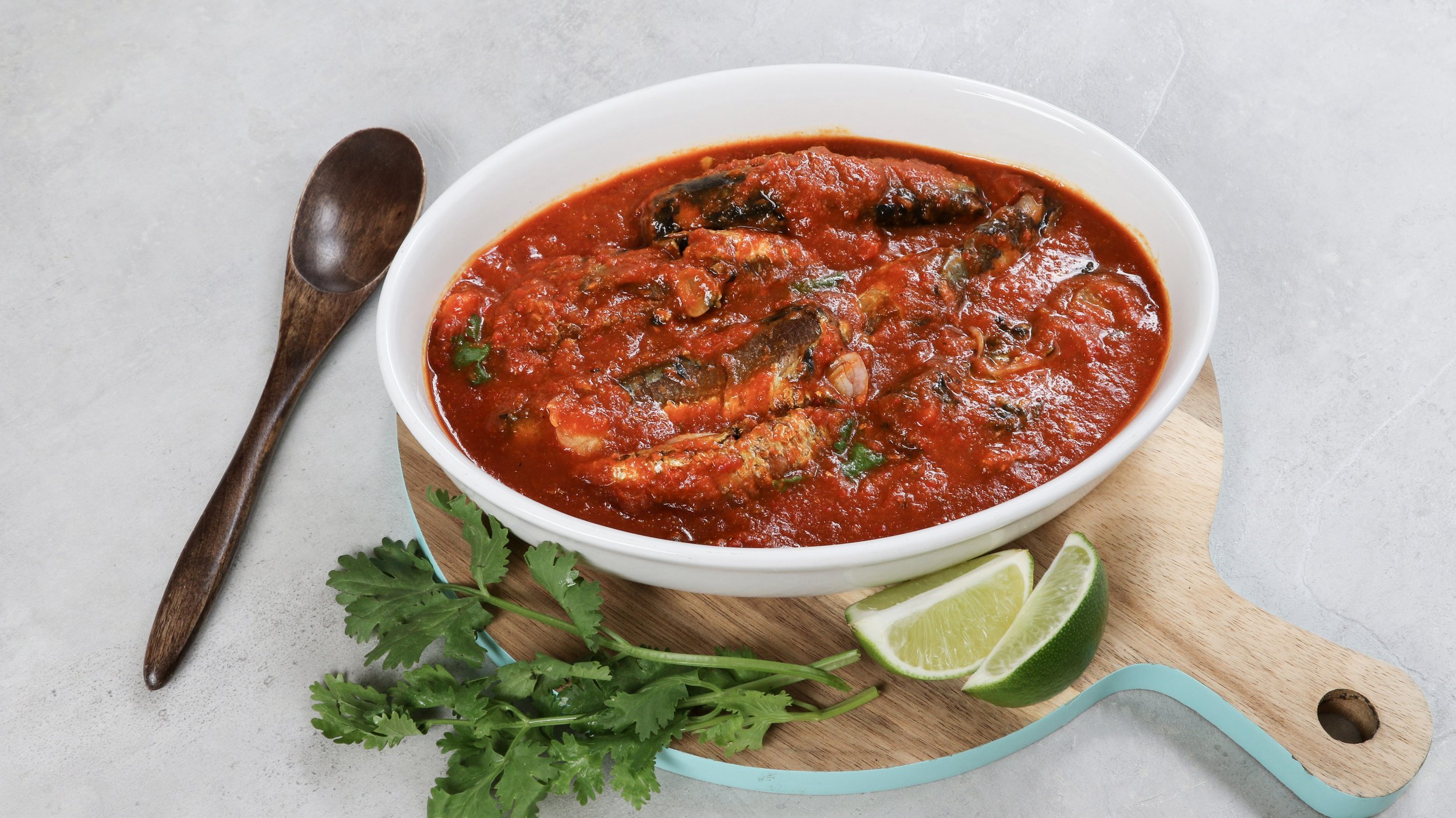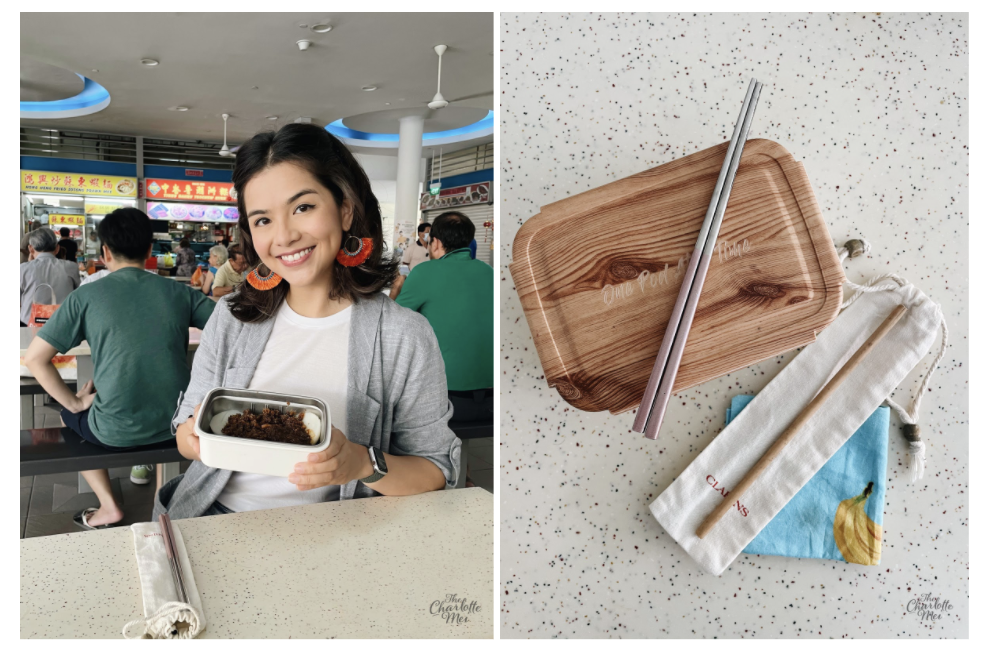
Breathe Pilates Blog

The Benefits of Pilates for Pregnancy: Why Women Should Embrace Prenatal Pilates
Pregnancy brings transformative changes to a woman’s body that require both physical and mental adaptation. As these changes unfold, maintaining wellbeing becomes essential for both body and mind. One of the most effective ways to support this transition is through Prenatal Pilates, a tailored form of low-impact exercise designed to meet the unique needs of expectant mums-to-be!

Pilates for Back Pain
Learn more about how Pilates can help relieve back pain and help prevent back pain in the future.

Pilates For Scoliosis at Breathe Pilates
Pilates can be a powerful tool for managing scoliosis by improving posture, flexibility, and core strength. The controlled, low-impact movements in Pilates help lengthen and strengthen the spine, creating better balance and alignment. By focusing on core stability, Pilates supports the muscles around the spine, which can reduce discomfort and help alleviate pain. Additionally, personalised Pilates routines can target the specific curvature of the spine, helping individuals with scoliosis improve their quality of life.

Charlotte Mei’s First Gyrotonic® Experience
After six months of Pilates sessions at Breathe Pilates, I finally felt ready to try the Gyrotonic classes which I knew very little about, as I had only observed it by peering through the glass doors! All I could think of was how graceful everyone looked. Thicha always shared about how mobilising and relaxing the exercise is, so I decided to give it a go!
If I were to sum it up in one word, it would be: fluid. I would say it feels like a cross between t’ai chi and swimming, where the movements are dynamic and continuous. It really does allow the body to loosen up, and simply flow.

Beginners Pilates Classes in Singapore
Pilates is appropriate for people of all ages, sizes, genders, and abilities. With over 600 exercises and variations, a Pilates workout can be tailored to any skill level. It is a low-impact training method that builds the core muscles, aligns the body and prevents future injuries, making it suitable for beginners.

Clinical Pilates
Using exercises and props, this class is designed to help you develop maximum body control, flexibility and strength throughout your joints’ full range of motion, improving overall joint mobility and longevity.
Created by Breathe Education Director, Thicha Srivisal

Arm Balances & Wrist Pain
Do you find yourself not pushing as hard during planks, pikes and other arm balances due to wrist pain? Do you find that you are unable to progress to more challenging poses because you sense that your wrists are weak?
If you’re experiencing wrist pain during your Pilates classes, don’t despair – there are ways to alleviate the pain and make arm balances feel more comfortable.

How To Save Your Pelvis During Pregnancy
Understanding your pregnant body helps to explain why you are feeling this pain and gives you reassurance that in most cases it will go away straight after you have your baby (if not before).
During pregnancy the biomechanics of your body changes dramatically. An increase in weight, a reduction in core muscle strength, abdominal stretching and a shift in center of gravity lead to postural changes and musculoskeletal imbalances. As a result, the joints and muscles of your lower back & pelvis can be strained and overcompensate, causing pain.

Resolve Neck Issues
Neck aches are extremely common and can cause by various reasons – ranging from poor posture while using mobile devices to a more severe underlying cause. It can affect your quality of life drastically and restraint you from doing the things you love.Chronic pain can take a toll on you physically and psychologically, making it difficult for you to carry out daily activities and causing unnecessary stress and anxiety.

Teacher Training FAQs
If you have a passion for Pilates and are looking to transform that passion into your career, learning how to become a Pilates instructor with Breathe Pilates could be the perfect starting point.

Goodbye Back Pain How to Save Your Lower Back
Does your back frequently feel painful or weak? Do you feel nervous about moving or doing certain activities in case your back ‘goes’? Have you altered your activity levels because of back pain? If the answer to any of these questions is yes, then it’s time to consider Pilates to help you regain control.

Pilates can be a pain in the neck!
We see many clients who are dealing with neck pain. Whether it’s from poor posture from the infamous tech neck, neck pain from an accident, injury or just how we use and move our body for work and daily life – chronic neck pain is literally a pain in the neck!
Pilates exercises done correctly are excellent for strengthening core muscles for support, which over time helps to reduce neck tension. However, Pilates exercises can also aggravate a neck problem if not performed correctly, by not understanding, or having the strength and flexibility needed to support the body well and keep the stress out of the neck.

New Year, Stronger Me
Skinny is out, strong is in! At Breathe, we believe that strength is an important component of our day-to-day lives and allows us to move without pain and live a long and enjoyable life. Imagine not being able to have the ability to play your favourite sport, carry your child, or even perform in your job because you didn’t have the ‘strength’ to do it. The strength you have in your body is vital for all these types of activities.

Why Breathe Pilates Post-Natal Classes Work
Want to know how postnatal pilates can help with postpartum recovery? Commit to reconnecting with your body with the post-natal recovery experts at Breathe Pilates.

Body After Baby
Motherhood is full of wonderful surprises, but it sure can put your body through the ringer — especially after giving birth. Yup, postpartum recovery is tough, not to mention having to look after your new bub at the same time! And when you have a baby, you’re always doing something. Between work and cleaning and cooking and playing and researching, we’re always left wondering how we can spare the time to get back into it.

Benefits of Pilates
Want a strong, toned, and functional core? Pilates is a great way to start. This low-impact workout combines flexibility, strength, and endurance in exercises that can be done either on a mat or using a reformer in class. No matter what kind of Pilates you’re doing, core strength is the main focus; you’ll flow in and out of poses with a yoga-like emphasis on breath.
In this article, we explore 5 benefits and reasons why you might want to include Pilates in your exercise regime

Prenatal Pilates Your Training Guide
Giving birth can be the biggest workout of your life. They say that giving birth can burn more calories than running a marathon, so you need to be ready.
Pilates is an effective and impactful prenatal exercise that supports the natural process of a growing belly and addresses the potential weaknesses during and after pregnancy that can leave women vulnerable to injury. The upshot is, there are safe and effective Pilates exercises that support women during pregnancy!

Sambal Sardines Recipes by Charlotte Mei
Growing up, mum was kept busy with work and running the household, so I never saw her spending much time in the kitchen cooking. That said, when the occasion presented itself, she would go all in.
Some of her iconic dishes were Popiah, Laksa, Ayam Buah Keluak and it was quite the affair when she got down to it! These dishes were a labour of love and I remember that she would spend a full day shopping for ingredients, prepping and cooking; and we would only be able to eat the final result the following day.

Tips on how to live a more sustainable life
I’m sure you’ve read or heard about ‘sustainability’ spoken in news articles, advertisements and even conversations with family and friends these days, but what does it really mean?

How to work out during Ramadan
This year Ramadan falls April 12 – May 12 and sees Muslims across the world fasting from sunrise to sunset while reflecting, spending time with family and celebrating the holy month.
During the fasting period, this means no food for 12-14 hours and no drinks (including water). It’s important to look after yourself and stay healthy during Ramadan, and for those who are particularly into fitness, our team has put together an excellent guide on how to workout during the holy month.
